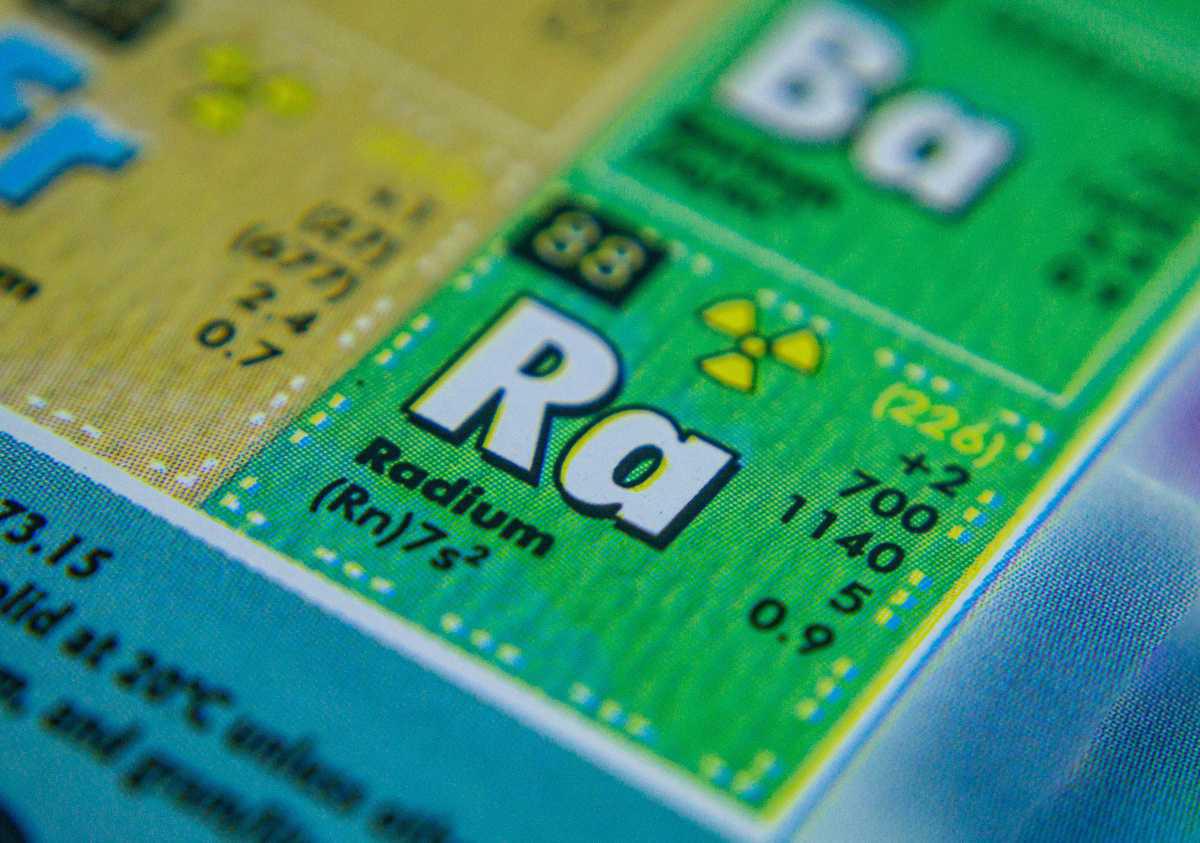Marie Curie was not just a brilliant scientist—she was a trailblazer whose work continues to influence science, medicine, and the role of women in academia. Born Maria Sklodowska in Warsaw, Poland, in 1867, she rose from modest beginnings to become the first woman to win a Nobel Prize—and the only person to win Nobel Prizes in two different scientific fields: Physics and Chemistry.
Curie’s story is one of relentless dedication. She moved to Paris to study at the Sorbonne, where she adopted the name "Marie" and earned degrees in physics and mathematics, often studying by candlelight while living in poverty. In 1895, she married fellow scientist Pierre Curie, and together they began researching radioactivity—a term she herself coined.
Their groundbreaking work led to the discovery of two previously unknown elements: polonium (named after her homeland) and radium. These discoveries were monumental. In 1903, the Curies shared the Nobel Prize in Physics with Henri Becquerel for their work on radioactivity. After Pierre's untimely death in 1906, Marie continued their research alone, eventually earning a second Nobel Prize in Chemistry in 1911 for isolating pure radium.
Marie Curie’s work had far-reaching effects. Her research laid the foundation for the development of X-ray machines, which she later helped deploy in mobile units during World War I to treat wounded soldiers. Yet she faced constant barriers due to her gender—barred from academic posts, underpaid, and scrutinized by the press. Despite this, she remained steadfast in her belief in the power of science to serve humanity.
She eventually became the first female professor at the University of Paris, and her legacy lives on through the Curie Institutes in Paris and Warsaw, which remain major centers of medical research. Her scientific notebooks, still radioactive to this day, are preserved as part of her lasting contribution to science.
Marie Curie wasn’t just a woman of science—she was a symbol of resilience, intellectual brilliance, and quiet revolution. Her life reminds us that true pioneers don’t wait for permission to break boundaries—they simply begin, one discovery at a time.

